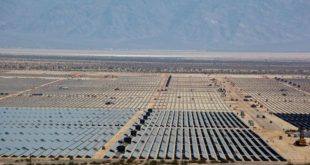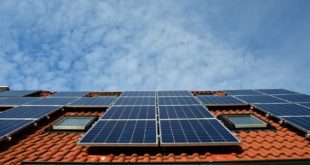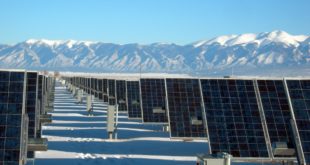Here is an interesting report about Greece trying to balance their economic issues by exporting sun power to other European countries who need more renewables on their books.
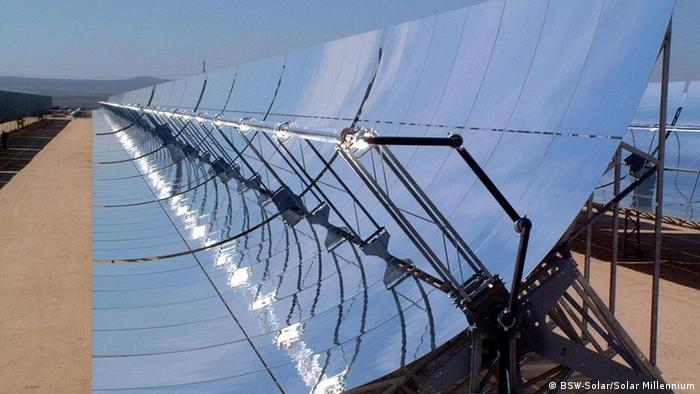
Greece is poised to boost its economy by exporting solar power to big markets like Germany, taking advantage of an EU goal that requires member states to produce 20 percent of their energy from renewable sources by 2020.
As of 2020 European Union member states will be obliged to meet at least 20 percent of their energy demands with renewable sources. Germany might need to cover an even bigger proportion with renewables, because the country is shutting down its last nuclear power station in 10 years’ time, which is why Berlin is avidly funding the expansion of its renewable energy sector.
But it appears that subsidizing German solar energy is a dead end. German Chancellor Angela Merkel has publicly criticized the fact that 50 percent of the subsidies allocated to renewables in Germany is being spent on solar energy, even though it provides only two percent of the overall power supply. Merkel would like to see the subsidies coordinated at EU level and the sourcing of solar energy from sun-spoilt Greece boosted.
This idea is the brainchild of Finance Minister Wolfgang Schäuble, who first discussed it a year ago with then Greek Finance Minister and current Environment Minister Giorgos Papakonstantinou. The project has since been dubbed Helios. “It will be a state-run company that will establish subsidiaries to produce solar energy,” explained Papakonstantinou. Helios is to cooperate with private investors who could, for instance, set up solar panels in state-leased areas.
Helios needs customers
But despite this preferential treatment, there is a problem. Private investors will only be found once it’s clear who will be buying Greek solar energy, which is expensive compared to other European sources. EU member states have until 2017 to subsidize their own renewable energy sectors.
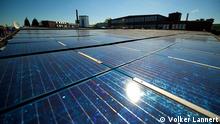
 Alternative Energy HQ solar power for homes, wind energy, and bio fuel issues
Alternative Energy HQ solar power for homes, wind energy, and bio fuel issues

